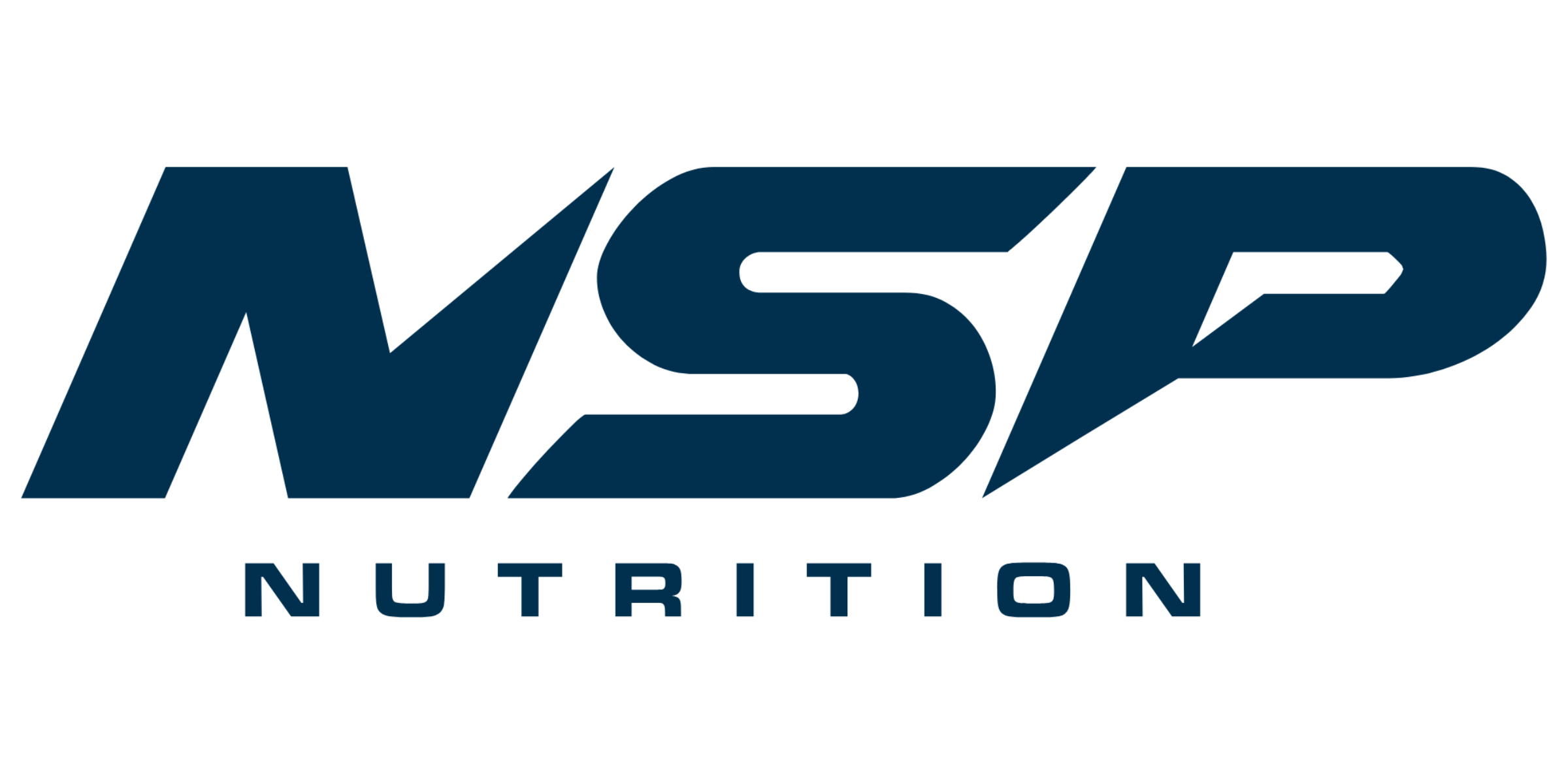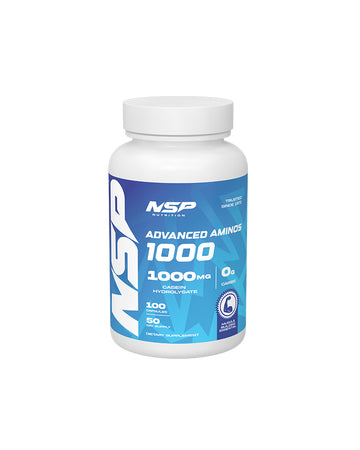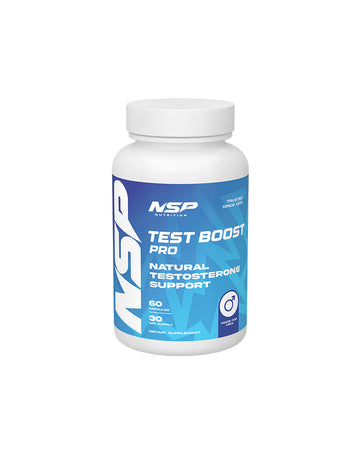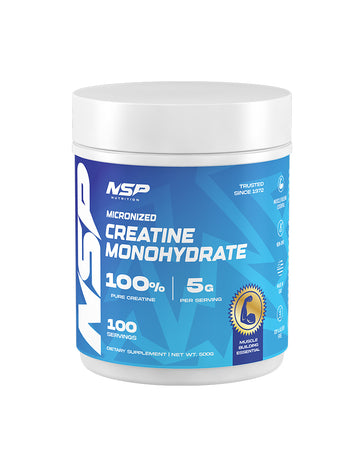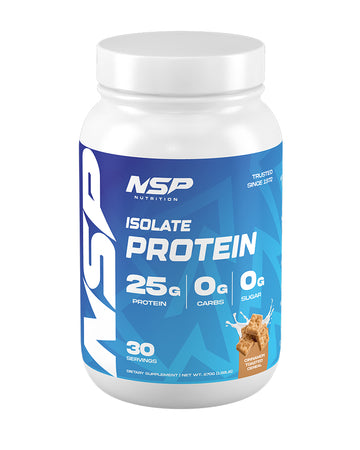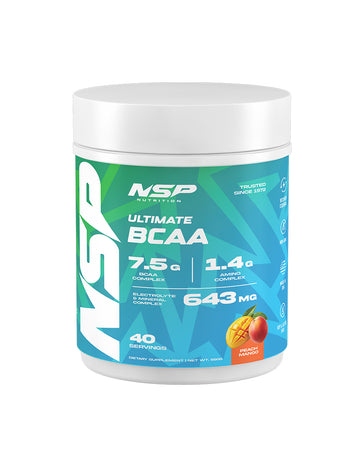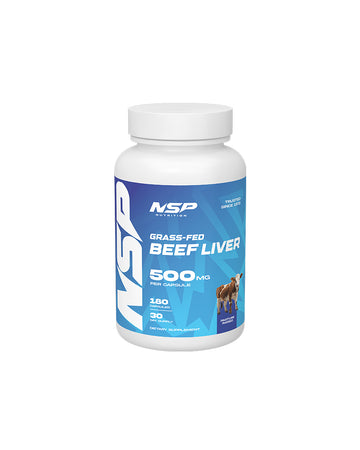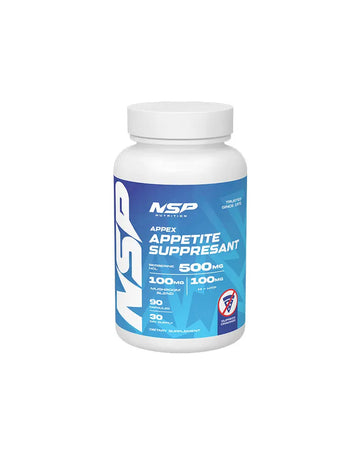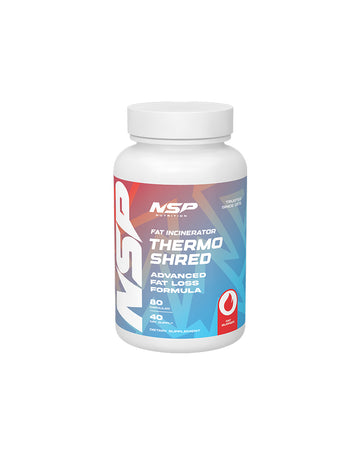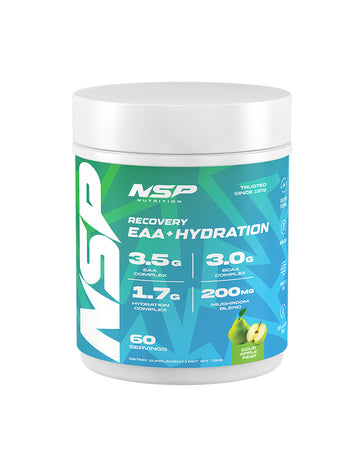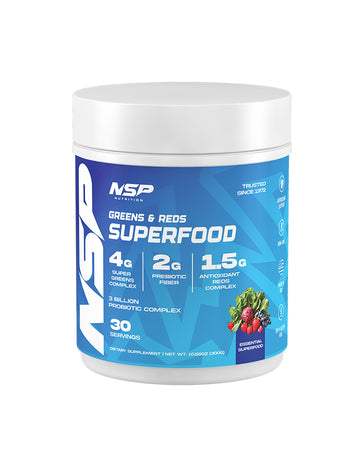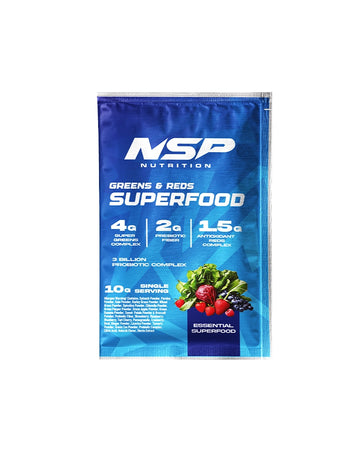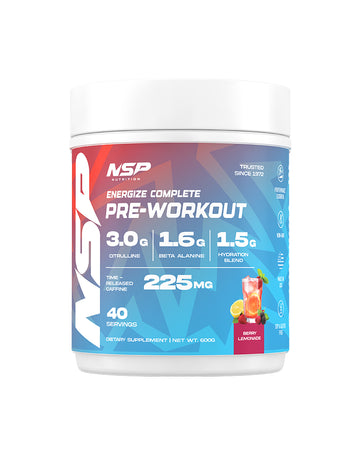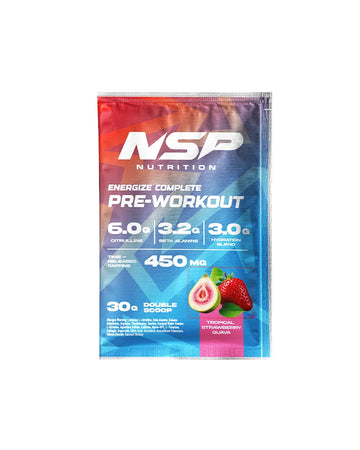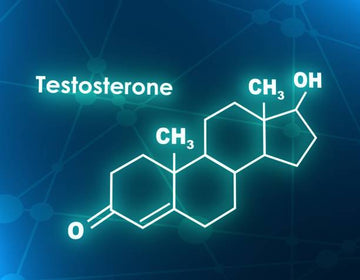You want to get muscle. And you want to get it fast.
But with all these options in the market--BCAAs, EAAs and even plant-based proteins...what is the best option for someone who wants to gain muscle, and more importantly, retain them?
You probably already know that proteins are the building blocks for muscle building and having enough protein in your diet is crucial to building and even maintaining lean muscle mass.
BCAAS or branched-chain amino acids have been without a doubt the more popular protein option in recent times for protein synthesis and muscle growth.
In fact, lots of personal trainers and fitness experts have all told us at some point that we need expensive BCAAs supplements if we're to put on muscle mass, retain muscle tissue, and recover faster.
But was all of it 100% true? Are BCAAs supplements really the best option for us to use if we want to build muscle?
EAAs on the other hand stand for Essential Amino Acids and believe it or not- in recent times, they seem to be catching up.
So what is really the difference between the two protein supplements?
The difference between BCAAs and EAAs
Branched Chain Amino Acids contains only 3 essential amino acids
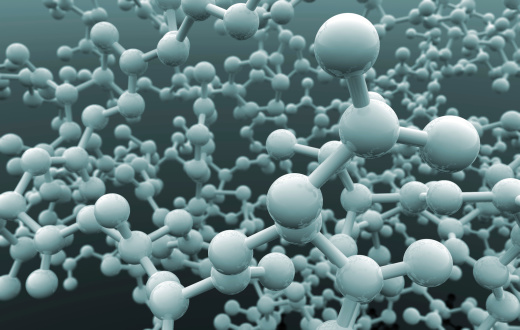
Despite being more expensive, BCAAs actually contain varying ratios of
-
Leucine
-
Isoleucine and
-
Valine
This is often in a 2:1:1, 4:1:1, 8:1:1 ratio.
On the other hand...
EAAs contain 9 amino acids, including the 3 BCAAs
Hearing this for the first time?
Of the 20 amino acids that make up most proteins, only nine are essential to humans. These amino acids are known as essential amino acids, or EAAs because your body lacks the capacity to manufacture them itself and you have to add them to your diet.
These nine EAAs are
-
Phenylalanine
-
Valine,
-
Threonine
-
Tryptophan
-
Methionine
-
Leucine
-
Isoleucine
-
Lysine and
-
Histidine.
Nutritionists state that you can get your daily requirement of EAA for muscle building by adding protein sources like meat, fish, dairy, and eggs to your diet if you don't want to buy some essential amino acid supplements for yourself.
BCAAs digest faster than EAAs
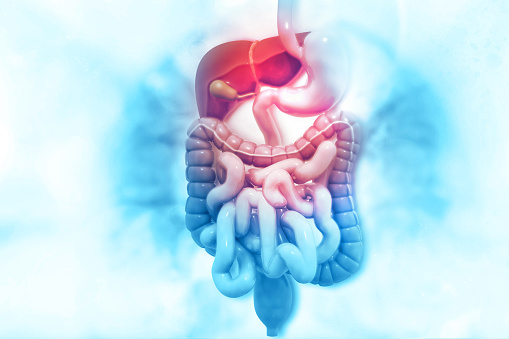
BCAAs were developed with athletic performance in mind and as a result, these protein supplements digest significantly faster than their amino acid supplements counterpart, going past the liver and going straight to the muscles where they can be oxidized to release energy for workouts, making them critical for functions like building muscle, reducing muscle soreness, and improving performance.
When combined with resistance exercise, branched-chain amino acids can help accelerate gains and increase muscle strength.
EAAs are better for non-athletes
Proteins are not just for building muscle. They also serve important functions such as boosting immune function and as a result even non athletes or people who don't work out should have a balanced diet with sufficient protein intake.
This is particularly true for vegetarians, and older folk.

For many years, it seemed that BCAAs were one of the key supplements which we were told we needed to make progress in the gym. On a level with other ‘essentials’ such as whey, pre-workout and creatine. Up until recently we were all sipping on them in the gym and throughout the day, believing they would help us retain muscle and recover faster.
EAAs are better for overall health

Essential amino acids go beyond muscle gain and preventing muscle breakdown and are instrumental in functions like of the digestive function, supporting healthy energy levels, supporting a healthy mood, promoting muscle growth, helping to repair muscle tissue and other tissues, build new muscle, and help grow strong hair, nails, and skin.
BCAAs drain amino acids from other parts of your body
In other words, your BCAA supplement can have a catabolic effect on your body- draining other muscle groups in the process.
EAA vs BCAA: The takeaways
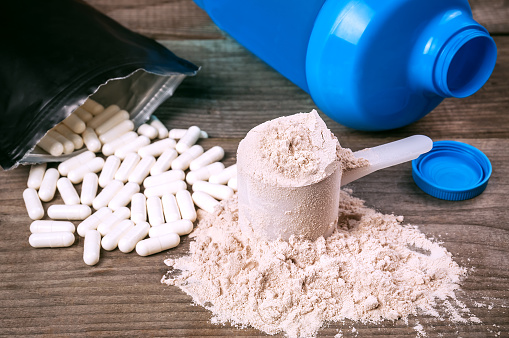
Overall its only natural that we'd chose the more better rounded EAAs over the more expensive EAAs.
EAAs are the superior choice here for the serious athlete looking to maximize their muscle building potential because they
-
Contain all other essential amino acids lacking in BCAA supplements
-
Don't catabolize your muscles
-
Cheaper than BCAAs
-
Better for overall health
-
Better for non-athletes
BCAAs on the other hand
-
Are significantly more expensive because of their massive popularity
-
Come in different flavors so they taste better
-
Have only three of the nine essential amino acids
-
Digest faster than EAAs
-
Catabolize amino acids from other muscle groups
So if you want the perfect bang for your buck then you should probably go for something that costs significantly less and also gives you the best results in terms of muscle growth and retention.
